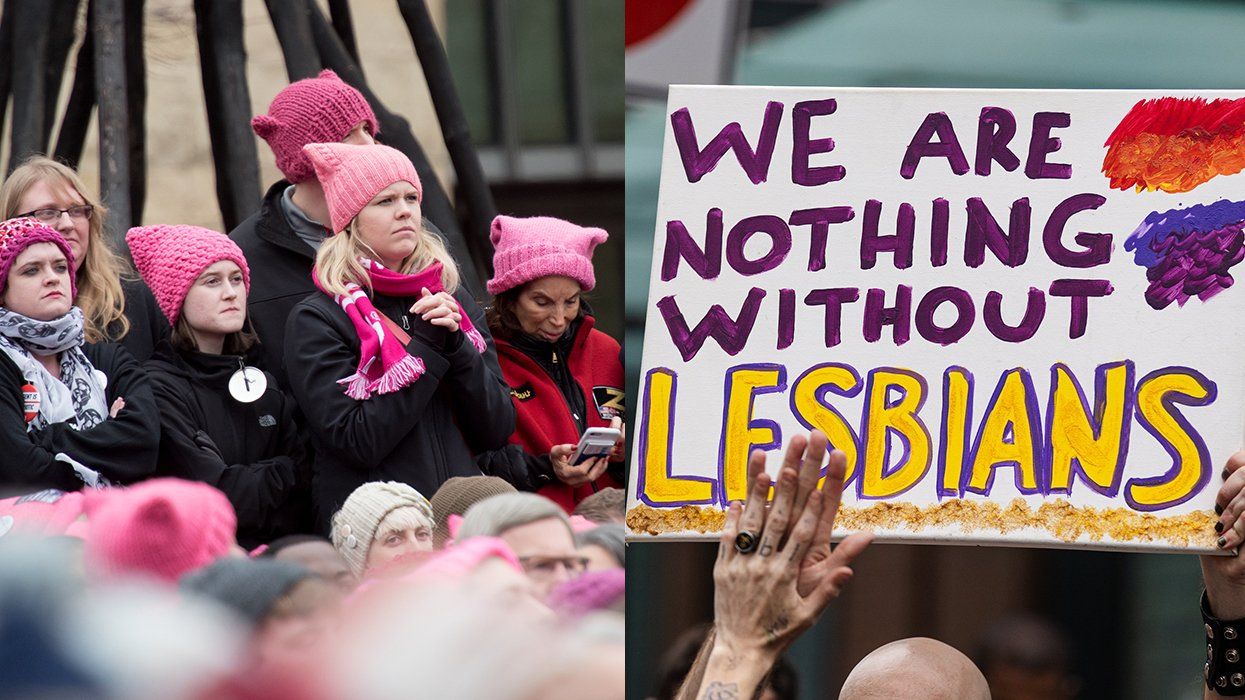A “license to discriminate” bill in Arkansas is dead for now, but similar legislation remains very much alive in Indiana and several other states.
The Arkansas Senate Judiciary Committee Wednesday failed to pass a so-called conscience protection bill, which would allow businesses and individuals to avoid legal penalties for refusing to serve customers who offended their religious beliefs. Bills like this, which have become law in Mississippi and been vetoed by the governor in Arizona, are primarily intended to allow businesses to discriminate against same-sex couples — especially those seeking wedding-related goods and services — and LGBT people generally.
The bill, which had been approved by the Arkansas House of Representatives, did not receive the five favorable Judiciary Committee votes it needed to go to the full Senate, the Associated Press reports. The vote was 3-3, with one member voting “present.”
Gov. Asa Hutchinson had expressed reservations about the bill, and powerhouse retailer Walmart, which is headquartered in Arkansas, had denounced it, as had technology giant Apple.
It could be revived, though, reports the Arkansas Times, by “being pulled from committee to the Senate floor, a maneuver that requires only a simple majority of the overwhelmingly Republican chamber.”
What legal penalties anyone might face for antigay discrimination in Arkansas is questionable, as the state has no law banning discrimination based on sexual orientation or gender identity, and the legislature recently passed a measure barring cities and counties from enacting or enforcing any law that provides broader antidiscrimination protections than the state law. This week Hutchinson let that bill become law without his signature, and it goes into effect 90 days after the legislature adjourns in May.
Meanwhile, the Indiana State Senate Tuesday approved a “religious freedom” bill that is also aimed primarily at protecting business operators who claim their religion prevents them from serving LGBT customers, The Indianapolis Star reports. The bill “prohibits a governmental entity from substantially burdening a person’s exercise of religion,” states an online summary. “Supporters say the measure is needed to protect religious business owners who don’t want to provide services for same-sex weddings,” the Star reports.
It passed on a 40-10 party-line vote, all Republican senators in favor, all Democrats against. It now goes to the House.
Gov. Mike Pence backs the legislation, going so far as to appear at a rally for it this month, saying, “I like to say I'm a Christian, a conservative, and a Republican, in that order.”
Indiana also has no state law prohibiting discrimination based on sexual orientation or gender identity, but three cities in the state ban such discrimination in public accommodations, which would cover business-consumer transactions: Bloomington, Indianapolis, and South Bend, according to the Human Rights Campaign’s Municipal Equality Index. Evansville and Fort Wayne ban public-accommodations discrimination based on sexual orientation, but not gender identity.
A new HRC report also notes that more than 30 bills that would threaten LGBT people are pending in over a dozen states, some that would allow businesses an exemption from antidiscrimination law if they cite religious grounds in refusing to serve customers, some narrowing the scope to adoption services or public employees tasked with issuing marriage licenses. The American Civil Liberties Union puts the number of states considering such bills at nearly 20.



























































































































